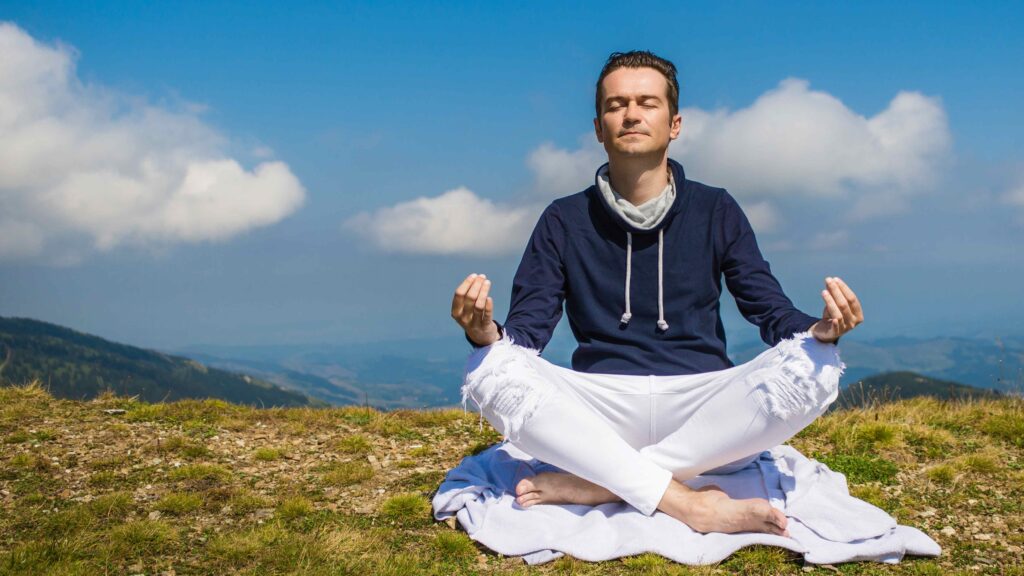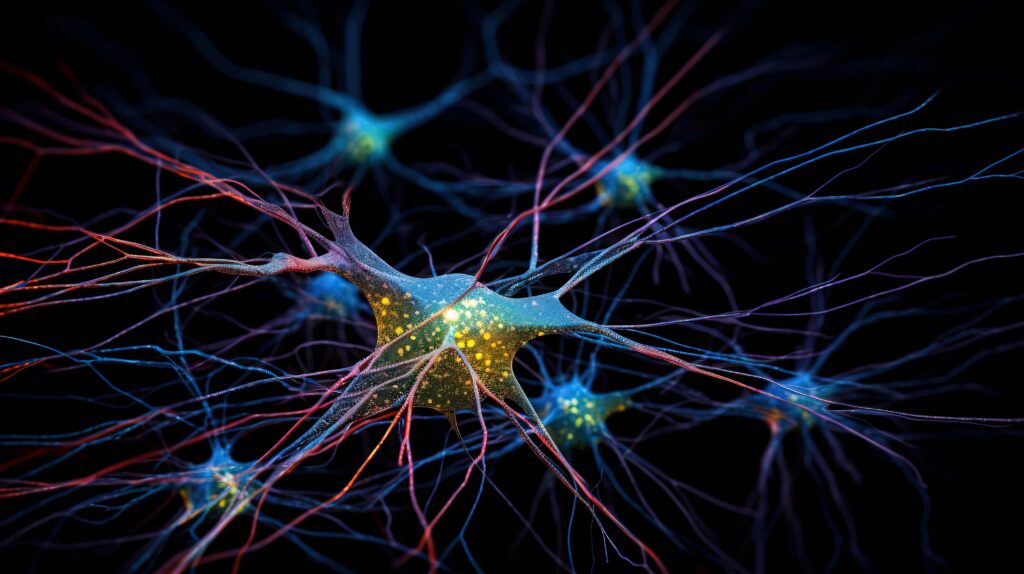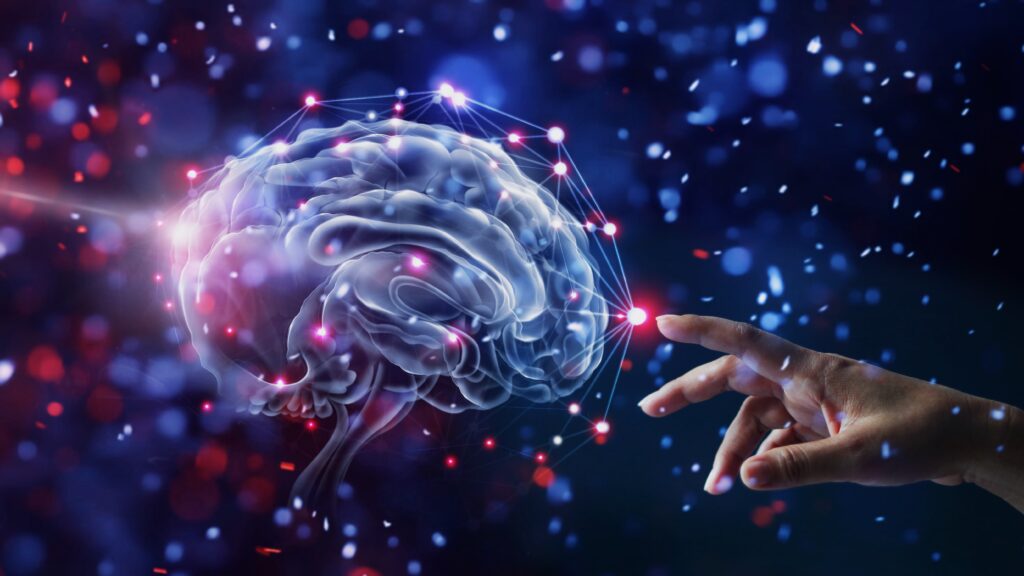Revealing the Mystery: 21st-Century Meditation and Healing
Meditation has been associated with mysteries, for generations, having been used by yogis and monks to achieve enlightenment and inner serenity. But in the twenty-first century, this age-old method is peeling back its ethereal veil to unveil a wealth of possibilities for mental and physical recovery. Here, let’s explore the intriguing facts of meditation and learn about its enigmatic yet supported benefits for mental health, leading to the overall personality growth.

Beyond Restorative: The Scientific Basis of the Healing Effects of Meditation
Though it may conjure up the tranquil picture of a Buddha in a divine posture, meditation is much more than that. Its effects on the body and brain are compellingly depicted in scientific investigations. The following are some important conclusions about its amazing benefits. Believe it or not its one of the organic ways of self-correction from various bothersome physical ailments and exploring inner mindful being.
1. Decreased Stress and Anxiety:
The parasympathetic nervous system, which is in charge of relaxation, is activated during meditation. As a result, stress chemicals like cortisol are lowered, which promotes better sleep, less anxiety, and a calmer mind. In treating anxiety disorders, mindful meditation proved to be just as successful as cognitive behavioral treatment, according to a 2017 study that was published in JAMA Internal Medicine research.
2. Improved Emotional Regulation:
By practicing judgment-free observation of thoughts and emotions, meditation promotes healthier reactions. According to a 2018 study published in Frontiers in Psychology, healthcare professionals’ emotional control was enhanced by mindfulness meditation training, which decreased burnout and compassion fatigue. Individuals meditating regularly attain the state of mind where they are neither too happy for something good, nor are too sad & depressed for something bad that has happened to them.
3. Pain Management:
With the 20th century advancement in medical science, marketing strategies of health care and pharmacological companies, we are brainwashed to rely on them for even minor ailments in our body. But surprisingly meditation can assist people in managing their pain by lessening the perceived intensity of chronic pain and enhancing coping skills. According to a 2020 meta-analysis that was published in JAMA Internal Medicine, meditation can help with headaches and persistent back pain to a moderate extent.


4. Enhanced Immunity:
Studies indicate that meditation could fortify the immune system. According to a 2013 study published in Brain, Behavior, and Immunity, older persons who practice mindfulness & meditation had higher influenza vaccination response rates, and reductions in markers of inflammation.
Several studies have explored the broader effects of meditation on immune function and health outcomes across different age groups. One notable example is a study published in the Annals of the New York Academy of Sciences, which examined the effects of mindfulness-based stress reduction (MBSR) on immune function.
There are numerous testimonials from senior citizens who have experienced improvements in their overall health and immune function as a result of regular meditation practice. Many seniors report feeling more resilient to illness, experiencing fewer colds and infections, and enjoying a better quality of life overall after incorporating meditation into their daily routine.
5. Neuroplasticity and Brain Enhancement:
Meditation helps to rewire the brain as well as quieten the mind. Regular meditation practice can really thicken the brain regions linked to attention, emotion management, and self-awareness, according to studies utilizing neuroimaging techniques. This shows that meditation is able to strengthen learning ability, memory, and cognitive function. For example, a 2015 study published in Frontiers in Human Neuroscience discovered that practicing mindfulness meditation increased the amount of gray matter in the hippocampus, an important region for memory and learning.


6. Inflammation Modulation:
Heart disease, Alzheimer’s disease, depression, and other conditions are associated with chronic inflammation. It’s interesting to note that studies indicate meditation may have a beneficial effect on the inflammatory response. According to a 2013 study published in Brain, Behavior, and Immunity, practicing mindfulness meditation lowered blood levels of inflammatory markers, which may provide protection against a number of chronic illnesses. Although the field of study is still developing, there are a lot of possible ramifications.
7. Epigenetic Alterations:
Through a process known as epigenetics, meditation may even have an impact on gene expression in addition to brain structure and function. Research indicates that engaging in meditation can modify our DNA’s methylation patterns, which can impact gene expression. This creates intriguing opportunities for learning about the basic effects that meditation can have on our health and wellbeing. According to a 2018 Psycho-neuroendocrinology study, practicing mindfulness meditation improved methylation patterns linked to the control of inflammation and the stress response.
Case Studies That Are Fascinating: When Meditation Works Magic
Although the evidence is convincing, anecdotes from real people help to illustrate the enchantment of meditation. Think about these actual instances which have turned fruitful for these people.
1. Healing Trauma: Sergeant Mark, turned to Transcendental Meditation (TM) for comfort after years of battling PTSD as a result of his stringent military duties in Iraq. He claimed to have had less anxiety, better sleep, and the capacity to control his triggers, which allowed him to finally reclaim his life. (Source: Foundation for David Lynch)
2. Overcoming Addiction: Celine, an alcoholic in recovery, attributes her continued sobriety to mindfulness meditation. She achieved inner calm and improved coping strategies by being aware of her urges and concentrating on the here and now. (Source: The National Institute on Drug Abuse)


3. Managing Chronic Illness: John Carter, alongside his regular conventional medical treatments, used mindfulness meditation to help him cope with his pain and exhaustion after receiving a multiple sclerosis diagnosis. Despite his illness, he experienced increased emotional fortitude, decreased stress, and an enhanced quality of life. (Source: Chopra Center)
4. Reversing Burnout: Sarah, a powerful CEO renowned for her determination, was on the verge of burnout. Her physical and mental well-being suffered from long hours, constant pressure, and the constant need to perform. Anxiety bit her, sleep grew elusive, and even the rush of achievement felt empty. She was looking for a change badly and happened upon mindfulness meditation.
She began with guided meditations, despite her initial skepticism, with the goal of quieting her racing mind and finding quiet periods throughout her hectic day. She gradually sensed a change. Stress subsided, clarity returned, and sleep quality increased. Meditation gave her the ability to approach her profession with intention and focus while keeping a safe distance from the high-stress workplace. (Source: Asmark Rehabilitation society)
4. From Stage Fear to the Main Event: David Hoffman was a gifted pianist with crippling stage fear. His hands shook and his pulse pounded while performing. In search of a solution, he adopted some mindful techniques and was intrigued to its capacity to control tension and quiet the mind. He gradually incorporated mindfulness exercises and basic breathing exercises into his pre-performance regimen.
Through practice, he was able to let go of negativity and develop self-compassion while learning to notice his thoughts and feelings objectively. There was a significant difference. It was a revelation, his first performance since he took up meditation. He had never felt more concentrated, in the moment, and emotionally connected to his music. Stage fright subsided and was replaced by a renewed sense of self-assurance and enjoyment of performance. Even now, David finds that meditation is an effective way to control his anxiety and establish a stronger connection with his audience. (Source: RENSA)
The Enigmatic Frontier: Exposing the Inexplicable
Although research clarifies some of the advantages of meditation, some parts are still unknown investigation into fields like as following questions to ponder upon. These inquiries encourage more investigation and often stretch the limits of our knowledge.
1. The Placebo effect: Is faith in the power of meditation a contributing factor in its effectiveness? Is it the practice itself or the expectation of benefit that drives the results? This intriguing question challenges medical science to understand the complex interplay between mind and body in healing.
2. Long-term effects: Do the positive changes seen with meditation persist in the long run? While initial studies are promising, more research is needed to understand how meditation integrates into daily life and sustains its benefits over time.
3. Individual variations: What makes some people respond to meditation while others do not? Exploring factors like personality, genetics, and prior experiences can help us personalize meditation practices and optimize their impact for diverse individuals.
Adopting the Mystery: Your Special Meditation Journey
Remember, these are just a few of the many fascinating facts scientists are exploring to understand the mechanisms behind meditation’s healing power. As medical research trends continues through the 21st century unravelling the mysteries, one thing is yet clear, meditation offers a wealth of potential benefits for humanity.
There are various methods, each with its unique approach, such as guided meditations, TM, or mindfulness meditation. It is not a magic bullet, but a powerful tool one has to get molded into, certain procedures and technique regimes, with patience, which we will discuss in a future article. The true mystery of meditation lies not in its explanations, but in the transformative power it holds within each of us.
***READ THIS INTERSTING ARTICLE TO FIND HOW MEDITATION CAN MAKE YOU RICH***










